Newsroom
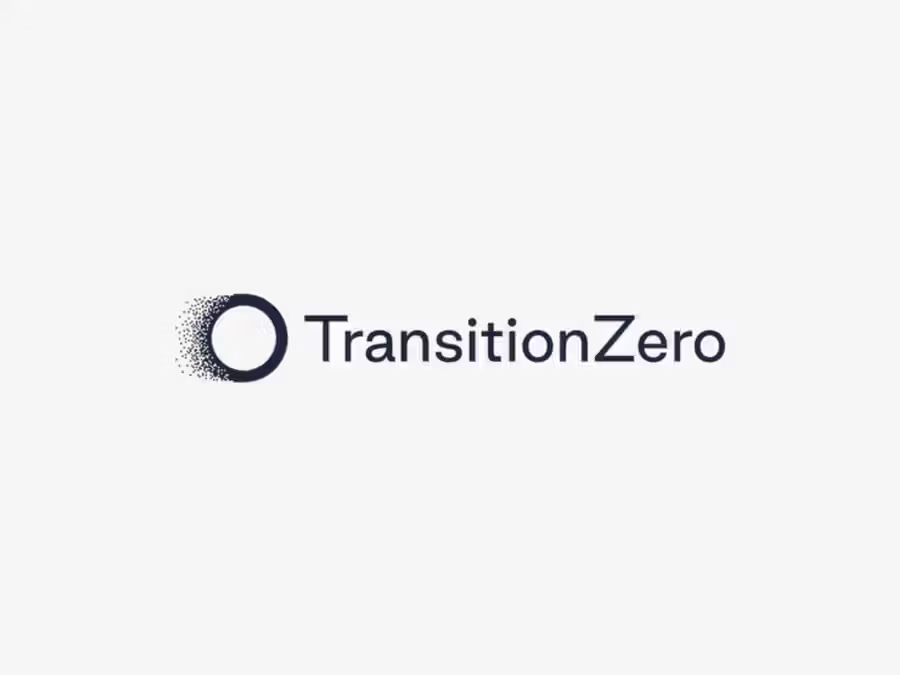
December 17, 2025
TransitionZero recognised with DOE Sustainable Energy Award for contributions to clean energy in the Philippines
System Modelling
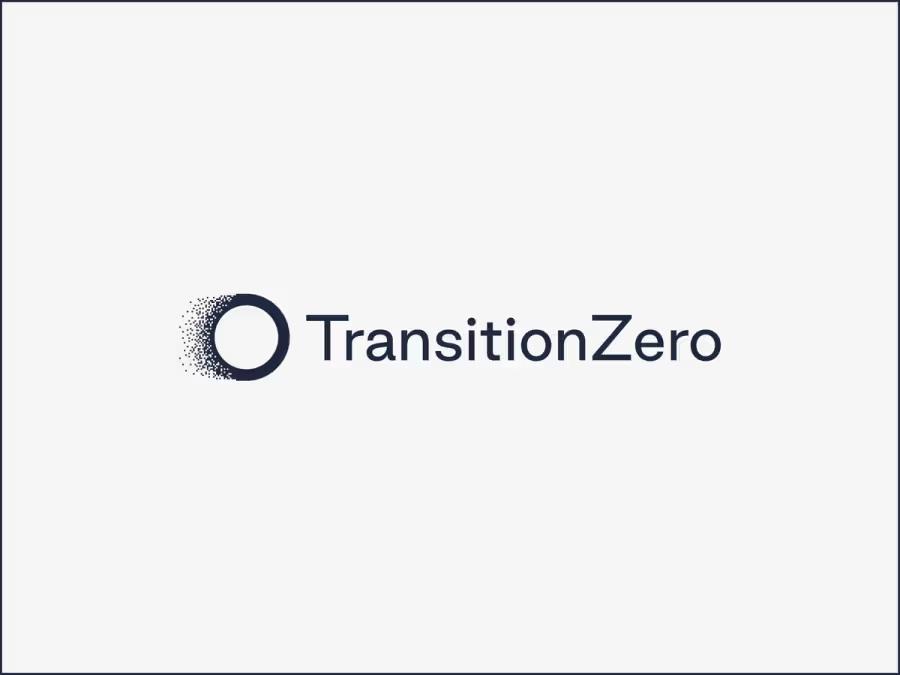
October 27, 2025
TransitionZero partners with Google.org to integrate AI into Scenario Builder and accelerate energy transition planning in Asia
Partnership

October 20, 2025
TransitionZero and Green Grids Initiative partner on tooling, analysis and capacity building to accelerate transmission investments
System Modelling
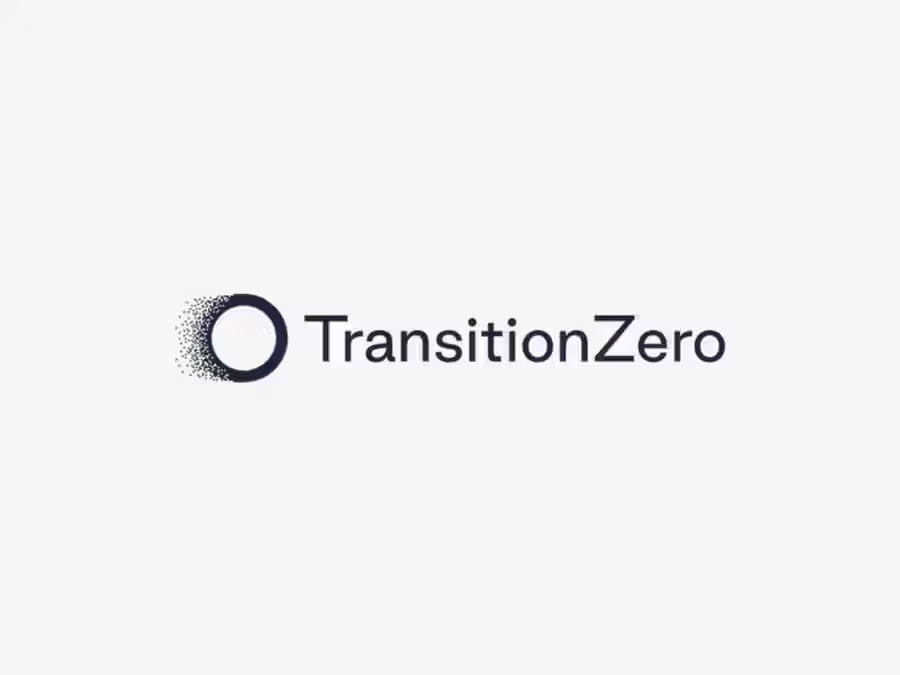
October 15, 2025
Malaysia could save RM3 billion a year by fixing how it counts clean energy — report
System Modelling
Analysis

October 6, 2025
Hourly clean electricity matching could reduce gas fuel costs in Singapore by at least US$ 185 million per year by 2030
System Modelling
Analysis

September 14, 2025
日本企業は、システムコストの削減、排出量の削減、再生可能エネルギーへの投資促進を実現しながら、時間単位で見ても電力需要の90%をクリーン電源で賄うことができる
System Modelling
Analysis

September 14, 2025
Japanese companies can meet their electricity demand with 90% clean sources on an hourly basis, while lowering system costs, reducing emissions and driving investment in renewables
Analysis
System Modelling
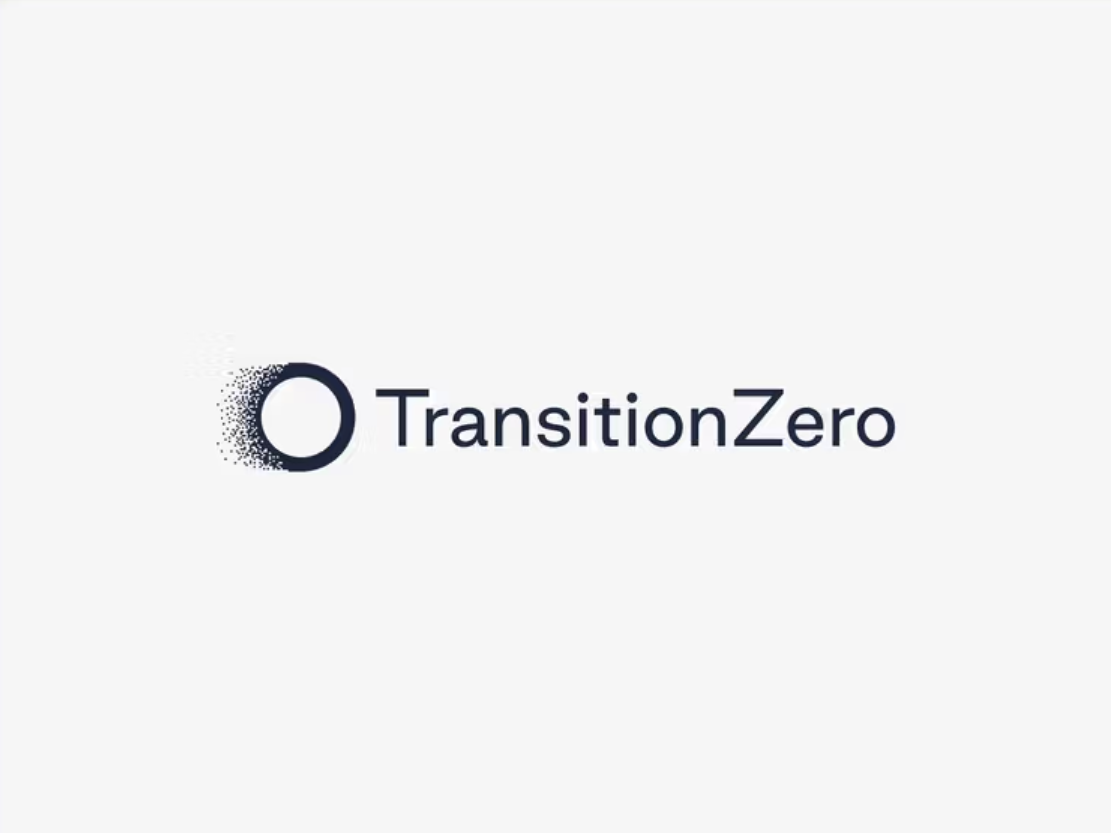
July 10, 2025
India can add 70% of round-the-clock clean electricity equalling 52 GW by 2030 at lower cost compared to annual matching - saving grid operators US$1 billion (almost Rs. 9 thousand crore per year)
Analysis
System Modelling

June 16, 2025
TransitionZero to partner on the Carbon Trust's Greenprint initiative
System Modelling
MEDIA KIT
Download our logo
DownloadDownload
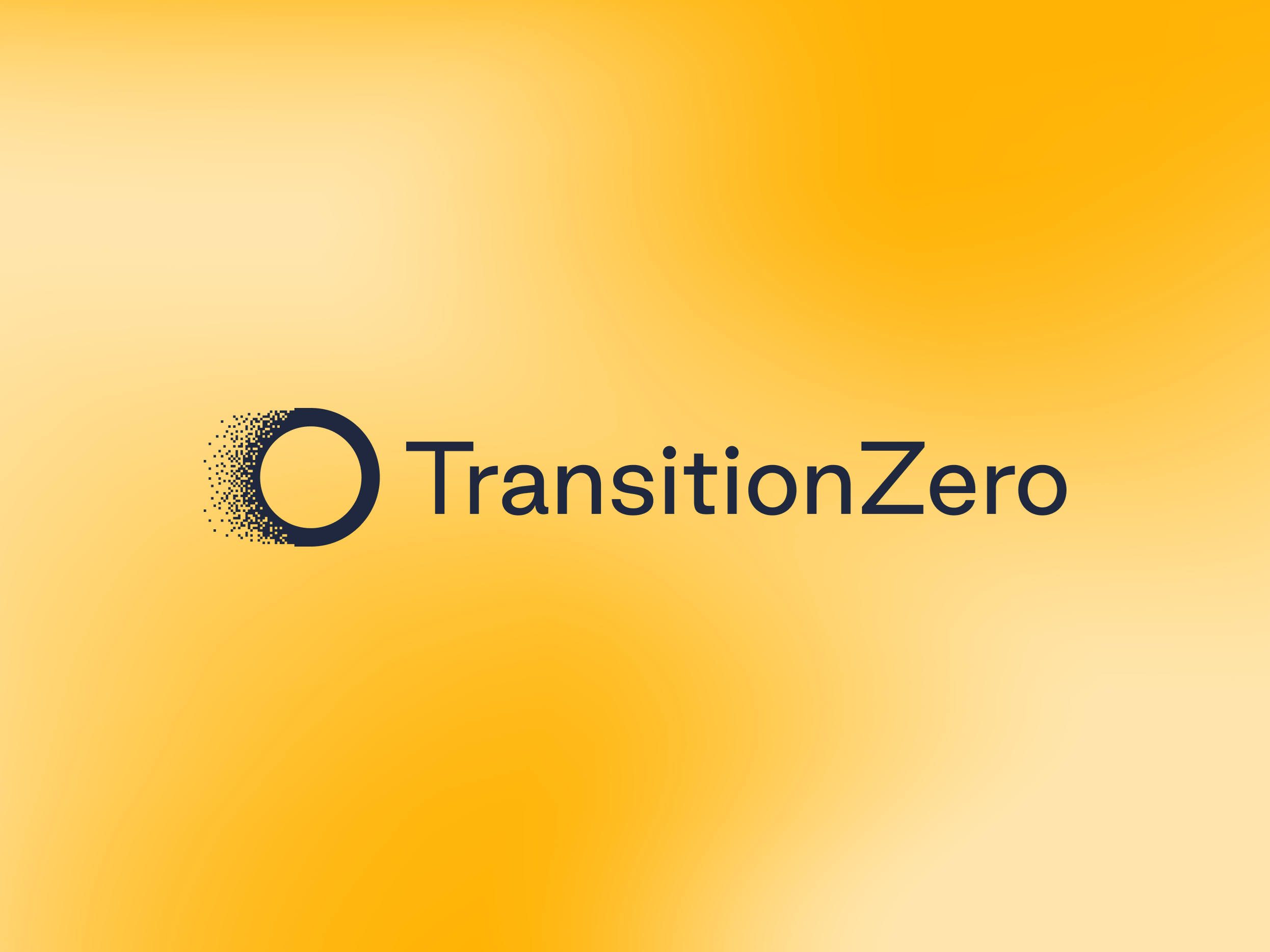
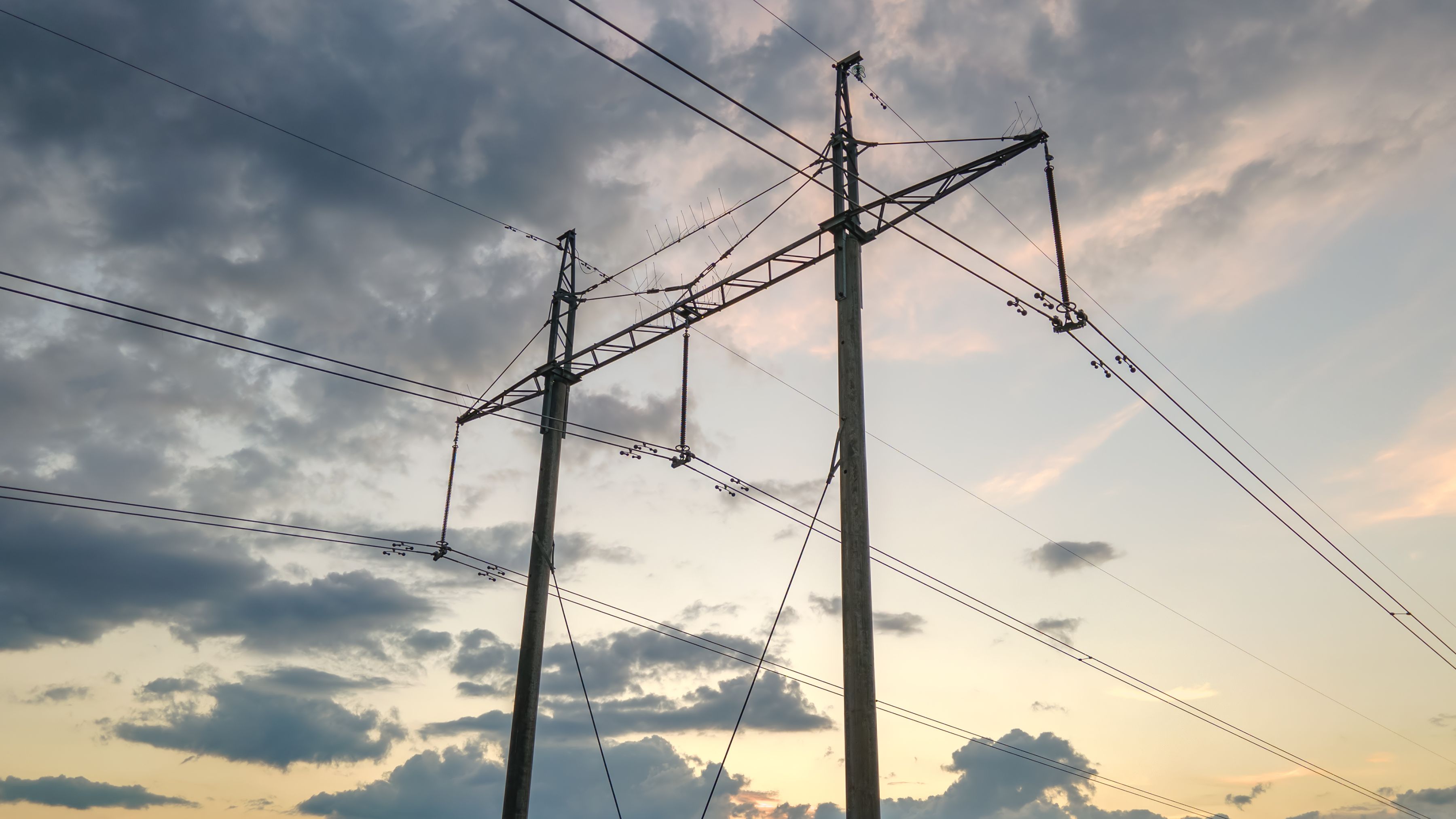
For media enquiries, contact our Communications Manager
